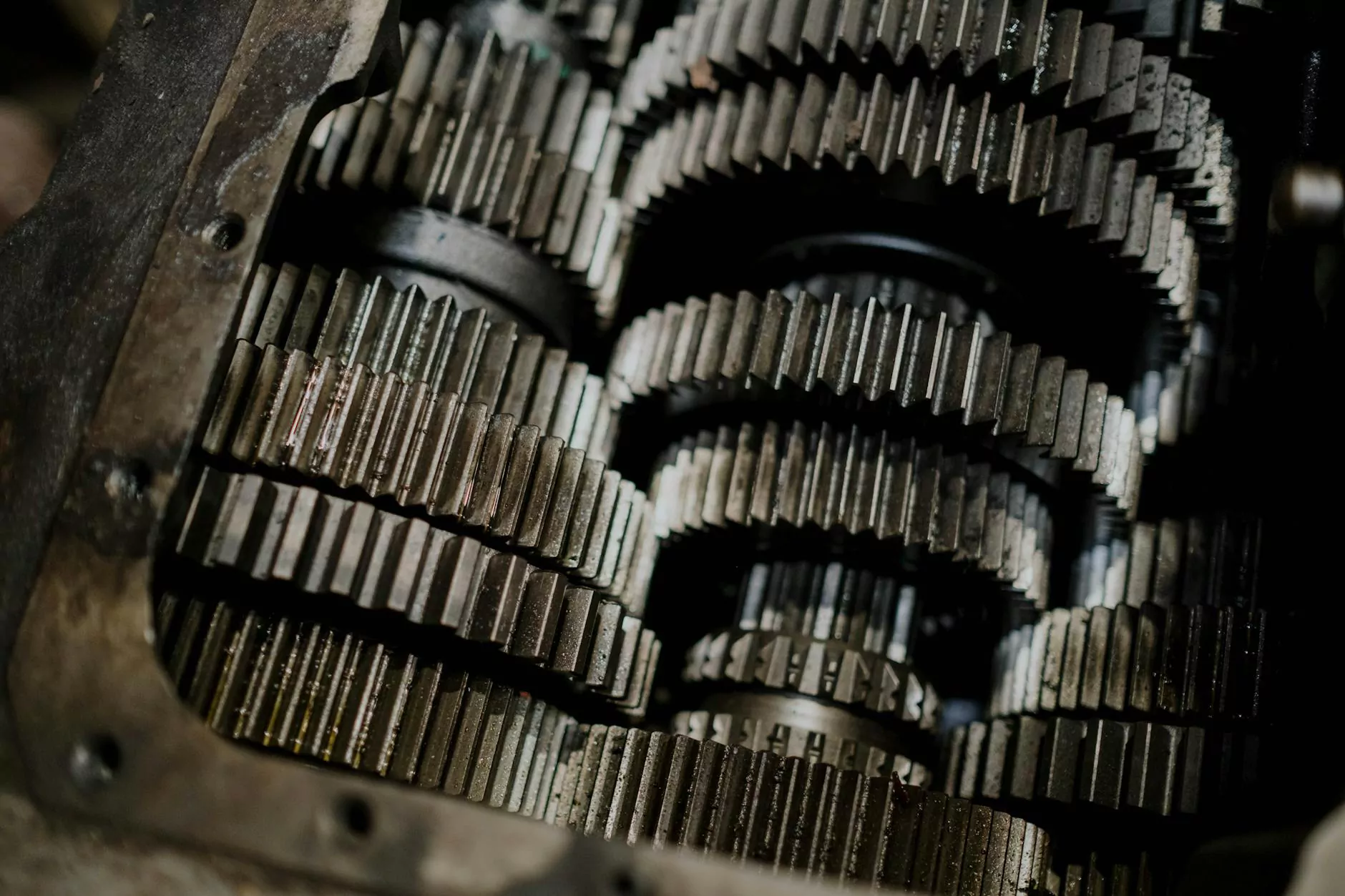The Importance of Viscosity CP in Auto Repair and Farm Equipment Repair

Viscosity CP is a term that often surfaces in various sectors, particularly in contexts involving fluids, lubrication, and machinery. Understanding its implications can greatly enhance operational efficiency in industries such as auto repair and farm equipment repair. In this article, we will delve deep into viscosity CP, exploring its significance and applications, especially within these repair categories.
What is Viscosity CP?
Viscosity CP refers to the measurement of a fluid’s resistance to flow and deformation. It is a critical parameter in engineering, particularly for mechanics and technicians in the repair industries. To put it simply, the higher the viscosity, the thicker the fluid, making it flow slower, while lower viscosity means the fluid is thinner and flows more easily.
The Role of Viscosity in Mechanics
Within the realms of auto repair and farm equipment repair, viscosity CP plays a pivotal role in the functionality and longevity of machinery. Here are some key aspects:
- Lubrication: Oils with the proper viscosity prevent wear and tear by reducing friction between moving parts.
- Temperature Regulation: Fluids with appropriate viscosity maintain optimal operating temperatures, preventing overheating.
- Efficiency: Ensures machinery operates at peak efficiency, saving time and reducing costs.
Understanding Viscosity Measurements
Viscosity CP can be measured in different units, commonly centipoise (cP). A higher cP value indicates a thicker fluid. For example, water at room temperature has a viscosity of about 1 cP, whereas motor oil can range from 100 to 1000 cP, depending on its formulation.
The Effects of Temperature on Viscosity
Temperature has a significant impact on viscosity. As temperature increases, viscosity usually decreases, allowing fluids to flow more freely. This fact is crucial when choosing lubricants for engines or hydraulic systems in farm machinery.
Application of Viscosity CP in Auto Repair
In the auto repair industry, viscosity CP is a critical element when it comes to selecting the right motor oils and lubricants. Here’s how:
Choosing the Right Motor Oil
Motor oils vary in viscosity grades. Mechanics must consider the manufacturer's specifications, which often recommend specific viscosity ratings based on temperature conditions. Here are some common viscosity grades:
- SAE 0W-20: Light oil for colder climates, improving fuel efficiency.
- SAE 5W-30: Versatile oil suitable for various temperature ranges.
- SAE 10W-40: Thicker oil for older engines requiring more protection.
Oil Change Intervals and Maintenance
Regularly checking and changing oil based on its viscosity is crucial for vehicle maintenance. Over time, oils can lose their effectiveness, changing viscosity due to contamination and thermal degradation.
Viscosity CP in Farm Equipment Repair
Farm machinery operates under various conditions, making proper viscosity evaluation essential for maintenance and repairs.
Hydraulic Systems
Hydraulic systems in farm equipment depend on fluids with correct viscosity to transmit force effectively. Using the wrong viscosity can lead to equipment malfunction and costly repairs.
Example of Hydraulic Fluid Viscosity
Typical hydraulic fluids are designed to function within a viscosity range, often specified by the manufacturer. For example, hydraulic oil might be specified to have a viscosity of 32 cP at operating temperatures.
Transmission Lubrication
Proper lubrication in gear systems is vital for minimizing wear and ensuring smooth operation. The choice of transmission fluid must align with the viscosity requirements set forth by equipment manufacturers.
Impact of Viscosity on Performance and Efficiency
In both the auto repair and farm equipment sectors, viscosity CP directly affects performance. Here are some elaborated points on this impact:
Performance Efficiency
Machines with inadequate lubrication suffer from increased friction, leading to inefficient operation. Conversely, selecting fluids with the right viscosity ensures not only smoother operations but also enhances the overall lifespan of the equipment.
Fuel Economy
The viscosity of engine oil can significantly influence fuel economy. Machines operating with optimal viscosity fluids require less power to overcome friction, translating to lower fuel consumption over time, which is particularly crucial for farm equipment that operates over long hours.
Choosing the Right Lab for Viscosity Testing
Accurate viscosity testing is essential for determining suitable lubricants and fluids. Choosing a reliable laboratory for viscosity testing will ensure:
- Accurate Results: Ensures selection of appropriate viscosity for specific applications.
- Standards Compliance: Adheres to industry standards and regulations.
- Expert Consultation: Provides insights and recommendations based on test results.
Conclusion
Understanding viscosity CP is essential for professionals in the auto repair and farm equipment repair industries. By selecting the appropriate viscosity fluids, businesses not only enhance the efficiency and reliability of their machinery but also extend their operational lifespan. Thus, investing time and resources into understanding and applying viscosity principles can lead to substantial cost savings and improved performance.
For expert services in auto repair, farm equipment repair, and structural engineering, visit Michael Smith Engineers to benefit from professional insights and top-tier solutions tailored to your needs.



